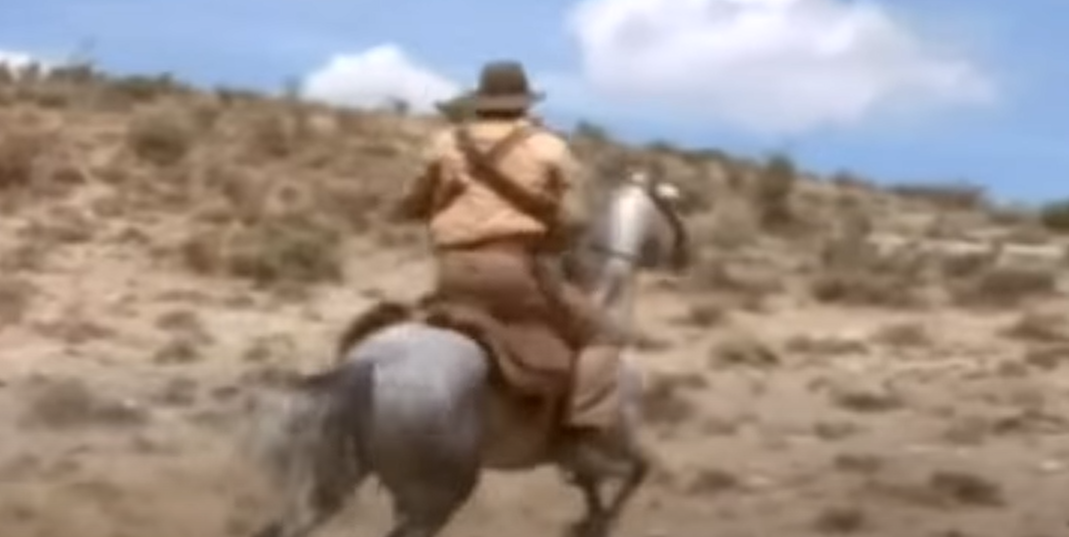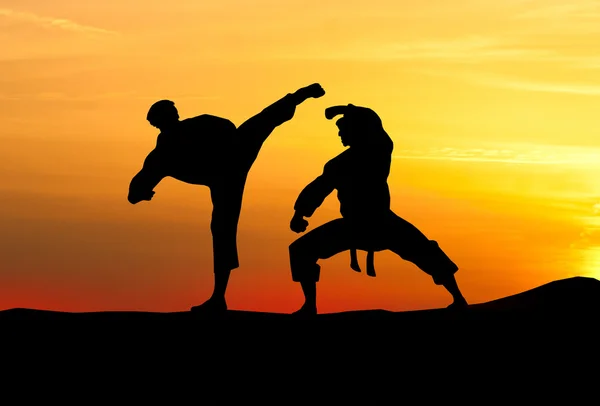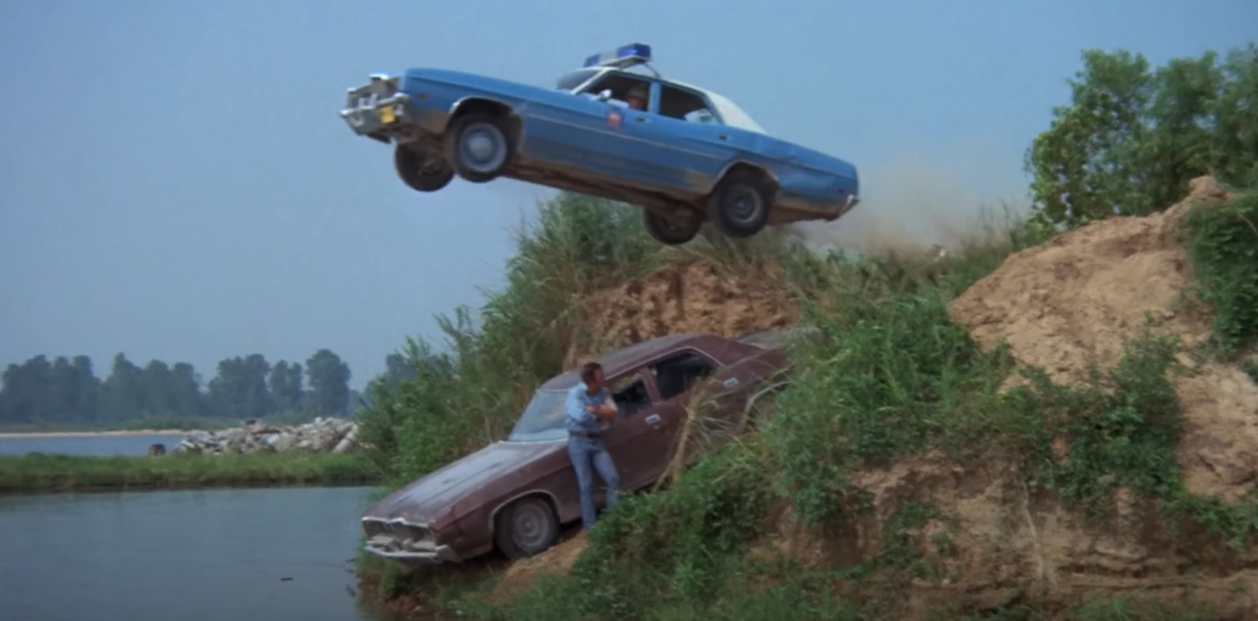The 1970s brought about a significant transformation in Hollywood, with the movie industry veering away from established conventions to experiment with more innovative narratives and complex characterizations. No genre remained untouched by this change, and Western films, a staple of American cinema, underwent a period of exciting evolution. Daring to defy traditional boundaries, the Westerns of the 70s not only reshaped the genre but also left an enduring impact on cinema in general.
The 70s Westerns – A Shift in Narrative
In this period, Westerns began to deviate from their customary plotlines that often showcased heroic cowboys, noble lawmen, and villainous outlaws. The lines between good and evil blurred, as the genre took on a more realistic approach, deconstructing the romanticized image of the Old West.
| Section | Description |
|---|---|
| Revisionist Approach | Many of the Westerns in the 70s adopted a revisionist outlook, debunking the myth of the Wild West. They presented a more historically accurate picture, focusing on marginalized characters, exploring the harsh realities of frontier life, and unveiling the complex socio-political dynamics of the era. |
| The Rise of Anti-Heroes | The white-hatted cowboy heroes of yesteryears were replaced by morally ambiguous anti-heroes. These characters often had a conflicted conscience, a dark past, or other profound complexities, moving away from the black-and-white morality previously associated with the genre. |
| Graphic Violence | The sanitized violence of earlier Westerns gave way to explicit and often brutal depictions in the 70s. The graphic violence mirrored the turbulent socio-political climate of the period, subtly commenting on events like the Vietnam War. |
Iconic 70s Western Movies and Their Impact
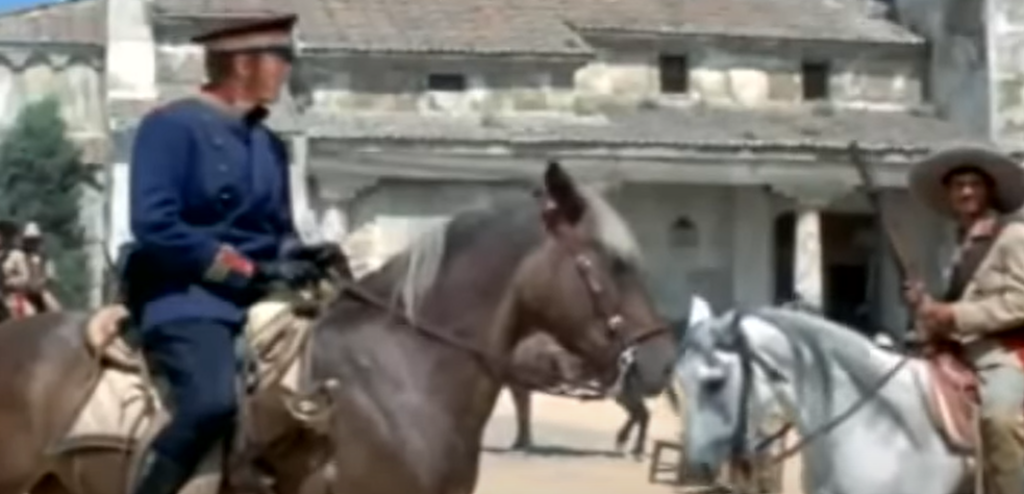
The 70s were marked by a number of groundbreaking Westerns, each of which brought unique elements to the genre. Here are some of the most influential films from this decade:
| Movie Title | Description |
|---|---|
| ‘The Wild Bunch’ (1969) | While technically a late 60s movie, Sam Peckinpah’s ‘The Wild Bunch’ was a defining force for the Western genre entering the 70s. The film was a trailblazer in its portrayal of violence, moving away from the ‘clean’ violence of previous eras to a more realistic, gritty depiction. It was also significant in its portrayal of outlaws as protagonists, adding depth and complexity to characters who would traditionally be villains. |
| ‘Little Big Man’ (1970) | Directed by Arthur Penn, ‘Little Big Man’ presented a satirical, revisionist view of the American West through the eyes of Jack Crabb (Dustin Hoffman), a 121-year-old man who recounts his life story. The film took a hard look at the treatment of Native Americans and the savagery of war, offering a humorous yet pointed critique of American history. |
| ‘McCabe & Mrs. Miller’ (1971) | This Robert Altman film, often referred to as an “anti-western”, strayed from typical Western tropes. With its complex characters, anti-climactic gunfight, and commentary on corporate greed, it was a far cry from the romanticized image of the West. |
| ‘High Plains Drifter’ (1973) | Clint Eastwood’s ‘High Plains Drifter’ blended Western with supernatural elements. Eastwood himself played a mysterious stranger, meting out justice in a corrupt town, his character adding a new dimension to the archetype of the solitary cowboy. |
| ‘The Outlaw Josey Wales’ (1976) | Also directed by Eastwood, ‘The Outlaw Josey Wales’ was an action-packed film that intertwined personal revenge with broader themes of survival and the aftermath of war. Eastwood’s character, Josey Wales, is a vivid example of the morally complex anti-heroes popular in 70s Westerns. |
Cultural Critiques in 70s Westerns
Westerns in the 70s often served as a mirror to contemporary society, using the backdrop of the Old West to comment on prevailing societal issues.
- War and Disillusionment: The violence and cynicism found in many 70s Westerns reflected America’s disillusionment following the Vietnam War. Films like ‘The Wild Bunch’ and ‘The Outlaw Josey Wales’ portrayed graphic violence and complex heroes, mirroring the society’s questioning of authority and war;
- Civil Rights and Representation: Westerns of the 70s also tackled issues related to civil rights, with movies like ‘Little Big Man’ providing a critical perspective on the treatment of Native Americans.
Iconic Western Filmmakers of the 70s
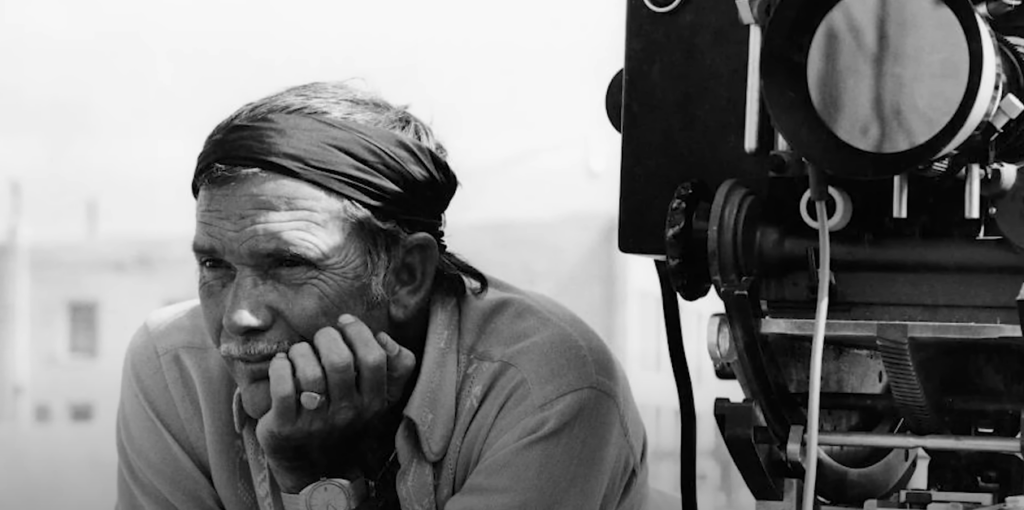
The 70s brought forth a new breed of directors who were unafraid to redefine the boundaries of the Western genre.
- Sam Peckinpah: Peckinpah was instrumental in bringing a more realistic, gritty violence to the Western genre with ‘The Wild Bunch’. His emphasis on character development and moral ambiguity significantly influenced future filmmakers;
- Arthur Penn: With ‘Little Big Man’, Penn brought a satirical edge to the genre, offering a critical and unvarnished portrayal of American history;
- Robert Altman: Altman’s ‘McCabe & Mrs. Miller’ broke away from traditional Western formulas, setting a new precedent for the genre;
- Clint Eastwood: Eastwood, already known for his roles in earlier Westerns, began to leave his mark as a director in the 70s, starting with ‘High Plains Drifter’ and ‘The Outlaw Josey Wales’. His films reflected a deeper moral complexity, and his anti-hero characters resonated with audiences.
Signature 70s Western Movies and Their Unique Contributions
| Movie Title | Director | Unique Contribution |
|---|---|---|
| The Wild Bunch | Sam Peckinpah | Introduced realistic, graphic violence |
| Little Big Man | Arthur Penn | Provided a satirical and critical portrayal of American history |
| McCabe & Mrs. Miller | Robert Altman | Redefined the genre by subverting traditional Western tropes |
| High Plains Drifter | Clint Eastwood | Blended supernatural elements into the Western genre |
| The Outlaw Josey Wales | Clint Eastwood | Combined themes of personal revenge and aftermath of war |
Conclusion
The 1970s marked a revolutionary period for Western cinema, with films that broke free from the constraints of the genre to redefine what a Western could be. With their complex characters, revisionist narratives, graphic violence, and cultural critiques, the Westerns of the 70s dared to present a different image of the Old West, one that was far from the romanticized portrayals of the past.
FAQ
Revisionist Westerns refer to films that challenge or subvert traditional Western genre conventions. They often feature morally ambiguous characters, complex narratives, and a more realistic portrayal of the American frontier.
Many Westerns of the 70s acted as allegories, reflecting contemporary societal issues such as the Vietnam War and civil rights. They incorporated themes of disillusionment, war, and representation into their narratives, often using the Old West as a backdrop to comment on these issues.
Notable actors from the 70s Westerns include Clint Eastwood, who transitioned from being a star to also directing during this era, Robert Redford, known for his role in ‘Jeremiah Johnson’, Paul Newman with his charismatic performance in ‘Butch Cassidy and the Sundance Kid’, and Dustin Hoffman who starred in ‘Little Big Man’.

